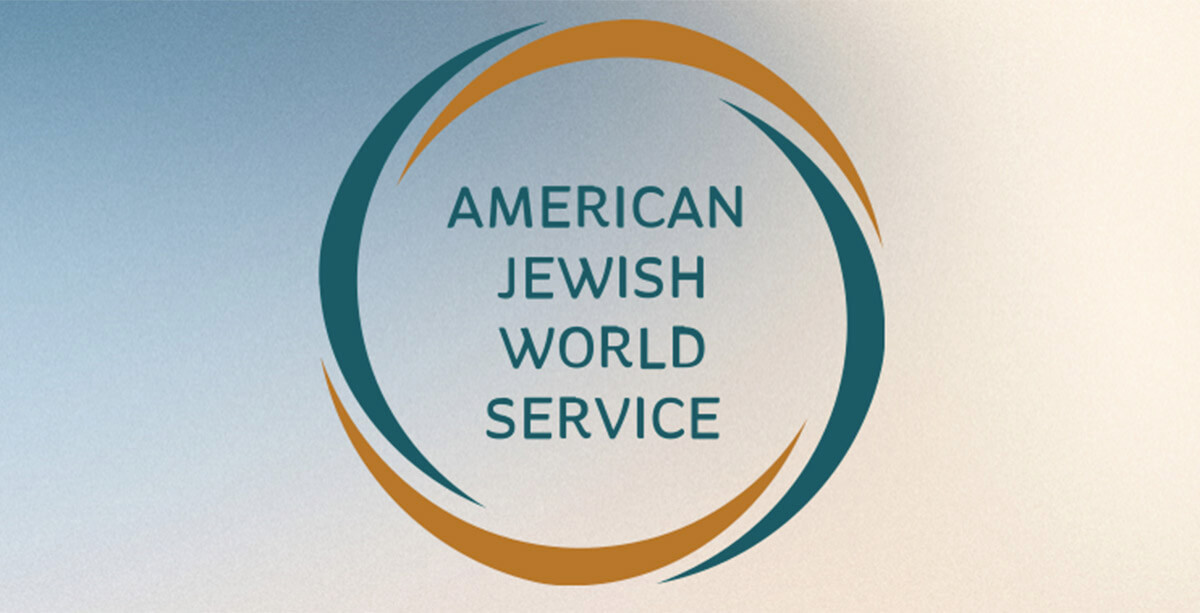American Jewish World Service to lay off 10% of staff and exit 3 countries where it has provided aid
The layoffs come as Jewish groups that are not focused on Israel or antisemitism face an uncertain funding landscape

Courtesy of Wikimedia Commons
(New York Jewish Week) – The American Jewish World Service, a prominent Jewish international aid group, is set to lay off around 10% of its staff of 120 after it said donors withdrew support from the group.
The organization also plans to withdraw from three of the 17 countries where it currently operates, meaning that it will no longer fund causes or development work there.
The planning process for the layoffs began in May 2023 “in tandem with the reality of fewer resources,” a spokesperson for AJWS said. The staff has already learned that layoffs are coming, and those affected will be notified this week and can remain employed until the beginning of May.
The New York City-based nonprofit’s vice president for marketing and communications, Peter Taback, said the layoffs were a “painful decision.” The decision was part of a long-term strategic planning process, he said, and not reflective of a sudden shift.
“We are providing ample packages to staff” who are laid off, Taback told the New York Jewish Week. “We are providing professional support to help them land on their feet. We are engaged in a navigating-change program for the entire staff.”
The layoffs come at a time when Jewish foundations and donors have directed hundreds of millions of dollars in philanthropy to Israel in the wake of Hamas’ Oct. 7 attack and the ensuing war. While the trigger for AJWS’ layoffs came months before October, they are occurring at a time when Jewish organizations that do not focus on Israel or antisemitism, including global justice groups like AJWS, have expressed anxiety that their revenues may fall as donor energy centers on the war.
AJWS — which says it is “inspired by the Jewish commitment to justice” and funds nonprofits advancing human rights and fighting poverty across several continents — has maintained its focus on those issues since Oct. 7. In a statement following Oct. 7, AJWS president and CEO Robert Bank said the group “remains dedicated to advancing our work in 17 countries across Asia, Africa, Latin America & the Caribbean.”
AJWS had an operating budget of some $44 million in 2022 and declined to say which donors had pulled funding or how many. But the Kendeda Fund, a foundation that began funding AJWS in 2013, closed at the end of last year, after it spent down its resources. Kendeda had first funded AJWS efforts to combat child marriage and in 2022, it donated $4.8 million to the group. The foundation’s former leadership could not be reached for comment.
In addition to the layoffs, AJWS will also cut back on its activities abroad by leaving some countries and diverting those resources to others. The group said it would remain in 14 countries, as opposed to the 20 where it currently operates, without naming which ones it would exit.
In 2022, the most recent year for which tax documents are available, AJWS received nearly $42 million in grants and had $81 million in assets. The group spent $14.5 million that year on salaries and employee benefits.
The group paid out nearly $20 million in grants in 2022, its lead expense. AJWS says it advances causes including disaster relief, sexual health, land rights and ending child marriage by supporting grassroots and human rights organizations in the countries where it operates. Founded nearly four decades ago, the group says it supports over 500 organizations and has paid out more than $500 million in grants.
This article originally appeared on JTA.org.
A message from our CEO & publisher Rachel Fishman Feddersen
I hope you appreciated this article. Before you go, I’d like to ask you to please support the Forward’s award-winning, nonprofit journalism during this critical time.
At a time when other newsrooms are closing or cutting back, the Forward has removed its paywall and invested additional resources to report on the ground from Israel and around the U.S. on the impact of the war, rising antisemitism and polarized discourse.
Readers like you make it all possible. Support our work by becoming a Forward Member and connect with our journalism and your community.
— Rachel Fishman Feddersen, Publisher and CEO